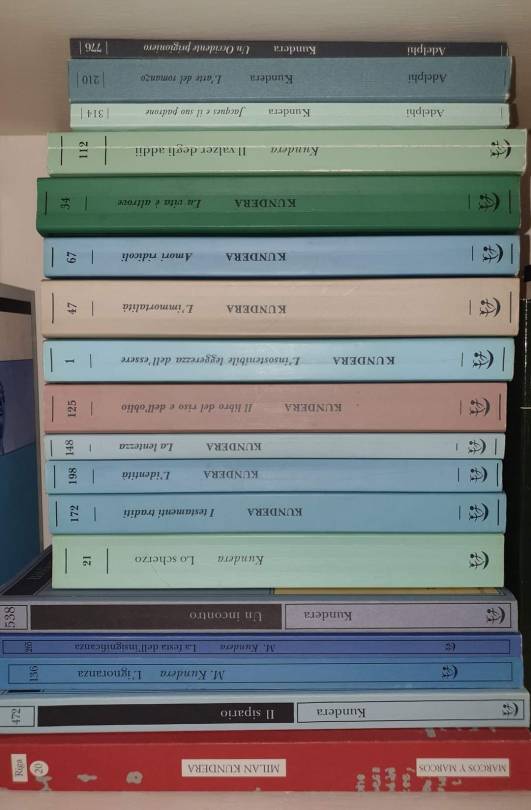#Kundera
Photo
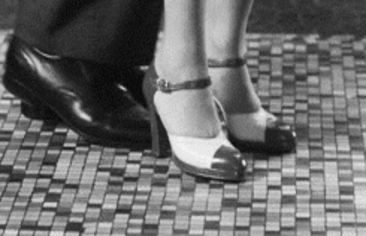
Il en va de l'érotisme comme de la danse : l'un des partenaires se charge toujours de conduire l'autre.
- Milan Kundera
#kundera#milan kundera#quote#argentine tango#tango#dance#dancing#dancers#argentina#men#women#femme#eroticism#movement#sensuality#art#culture
2K notes
·
View notes
Text
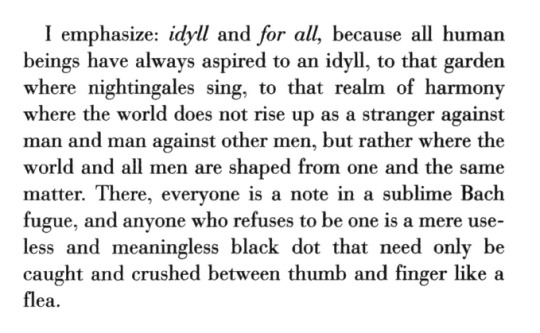
Milan Kundera (1929-2023), "The Book of Laughter and Forgetting" (1979)
828 notes
·
View notes
Text

148 notes
·
View notes
Text

Milan Kundera, one of my favorite writers
Oil on canvas
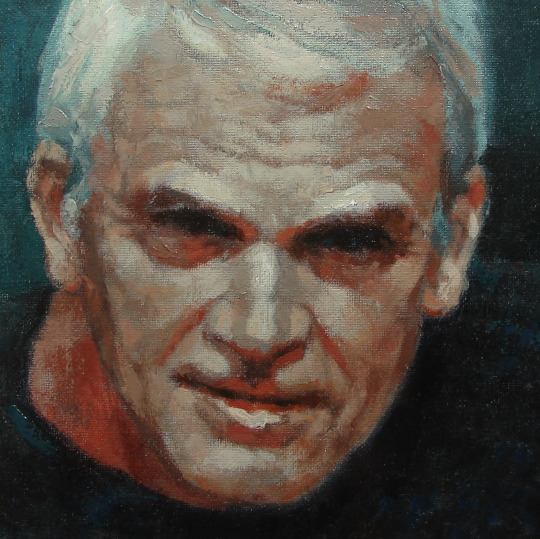



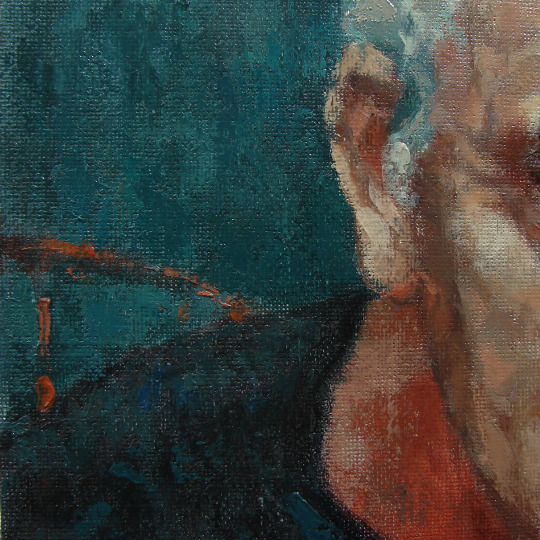
#oilpainting#painting#portraiture#artwork#figurativeart#figurative#portraitpainting#portrait#retrato#figurestudy#art#oiloncanvas#oilpaintings#milankundera#kundera#figurative painter#painter on tumblr#painter#oil painting#figure study#figure
25 notes
·
View notes
Text

[“The unbearable lightness of being”, P. Kaufman, 1988]
Ο M. Kundera μπορεί να ήταν το εισιτήριο της Δήμητρας Λιάνη-Παπανδρέου στους διανοητικούς κύκλους, ήταν όμως πραγματικά ο άνθρωπος που διηγήθηκε με τόση ακρίβεια το παζάρεμα της ελευθερίας που όλοι κάνουμε με τους εαυτούς μας και με τους γύρω μας.
#snaps#film#movie#milan kundera#Kundera#the unbearable lightness of being#philip kaufman#Kaufman#rip
50 notes
·
View notes
Photo

“La vida está en otra parte”, de Milan Kundera
#milan kundera#kundera#la vida esta en otra parte#libros#book#libros usados#books#book with me#currently reading#amo leer#leo y comparto#classic books#literatura#escritores#book group#bookgram#bookgasm#bookriot#book riot#bookworld#bookporn#livros#lectores#la gente anda leyendo#bookseller#book selfie#bookshelf#leitores#girls reading#women reading
36 notes
·
View notes
Quote
Les amours sont comme les empires : que disparaisse l'idée sur laquelle ils sont bâtis, ils périssent avec elle.
Milan Kundera, L’insoutenable légèreté de l’être, folio, p. 247
35 notes
·
View notes
Text
Poco umano
Non essere solidale con l'umanità: è questa la sua posizione.
M. Kundera, [Nesmrtelnost, 1990], L'immortalità, Milano, Adelphi, 2009 [Trad. A. Mura]
17 notes
·
View notes
Text

Milan Kundera
Born1 April 1929 Brno, Czechoslovakia
(present-day Czech Republic)
Died 11 July 2023 (aged 94)
Paris, France
Occupation Novelist
Kundera's best-known work is The Unbearable Lightness of Being. Prior to the Velvet Revolution of 1989, the communist regime in Czechoslovakia banned his books. He led a low-profile life and rarely spoke to the media.[5] He was thought to be a contender for the Nobel Prize in Literature, and was also a nominee for other awards.[6][7]
Kundera was awarded the 1985 Jerusalem Prize, in 1987 the Austrian State Prize for European Literature, and the 2000 Herder Prize. In 2021, he received the Golden Order of Merit from the president of Slovenia.[8]
11 notes
·
View notes
Text

Las Páginas Pegadas
Ya no logras comprender nada de lo que ocurre en tu vida.
Sientes que hubieses perdido el hilo de la historia. Deambulas somnoliento y desorientado, a la deriva, entre páginas huecas de tu existencia que permanecen pegadas entre si, que debes separar con urgencia para recomponer las escenas extraviadas de tu día a día.
Intuyes que la realidad ya no es una única realidad, que para extraer el auténtico significado a cada instante debes profundizar drásticamente sobre cada momento vivido y desenterrar su esencia.
Desconoces el motivo por el que suceden ciertas cosas y te sientes incapaz de explicar el motivo por el cual unos fenómenos dan lugar a otros que se revelan ante ti sin previo aviso para desestabilizar tu frágil y delicado equilibrio.
#kundera#las paginas pegadas#july#love each other#recuerdos#nuestro destino comun#michaelsberg#writing#literature
16 notes
·
View notes
Photo

What could I say? Maybe this: the man hunched over his motorcycle can focus only on the present instant of his flight; he is caught in a fragment of time cut off from both the past and the future; he is wrenched from the continuity of time; he is outside time; in other words, he is in a state of ecstasy; in that state he is unaware of his age, his wife, his children, his worries, and so he has no fear, because the source of fear is in the future, and a person freed of the future has nothing to fear.
- Milan Kundera, Slowness
#kundera#milan kundera#quote#motorcycle#motorbikes#riding#freedom#open road#adventure#adrenaline rush#miss biking on the open road#speed#need for speed
264 notes
·
View notes
Text

46 notes
·
View notes
Text
la vertigine è qualcosa di diverso dalla paura di cadere. la vertigine è la voce del vuoto sotto di noi che ci attira, che ci alletta, è il desiderio di cadere, dal quale ci difendiamo con paura.
4 notes
·
View notes
Text
"Be that as it may, Tereza continued on her path, and, watching her heifers rub against one another, she thought what nice animals they were. Calm, guileless, and sometimes childishly animated, they looked like fat fifty-year-olds pretending they were fourteen. There was nothing more touching than cows at play. Tereza took pleasure in their antics and could not help thinking (it is an idea that kept coming back to her during her two years in the country) that man is as much a parasite on the cow as the tapeworm is on man: We have sucked their udders like leeches. Man the cow parasite is probably how non-man defines man in his zoology books.
Now, we may treat this definition as a joke and dismiss it with a condescending laugh. But since Tereza took it seriously, she found herself in a precarious position: her ideas were dangerous and distanced her from the rest of mankind. Even though Genesis says that God gave man dominion over all animals, we can also construe it to mean that He merely entrusted them to man's care. Man was not the planet's master, merely its administrator, and therefore eventually responsible for his administration. Descartes took a decisive step forward: he made man maitre et proprietaire de la nature. And surely there is a deep connection between that step and the fact that he was also the one who point-blank denied animals a soul. Man is master and proprietor, says Descartes, whereas the beast is merely an automaton, an animated machine, a machina animata. When an animal laments, it is not a lament; it is merely the rasp of a poorly functioning mechanism. When a wagon wheel grates, the wagon is not in pain; it simply needs oiling. Thus, we have no reason to grieve for a dog being carved up alive in the laboratory.
[. . .]
True human goodness, in all its purity and freedom, can come to the fore only when its recipient has no power. Mankind's true moral test, its fundamental test (which lies deeply buried from view), consists of its attitude towards those who are at its mercy: animals. And in this respect mankind has suffered a fundamental debacle, a debacle so fundamental that all others stem from it.
One of the heifers had made friends with Tereza. The heifer would stop and stare at her with her big brown eyes. Tereza knew her. She called her Marketa. She would have been happy to give all her heifers names, but she was unable to. There were too many of them. Not so long before, forty years or so, all the cows in the village had names. (And if having a name is a sign of having a soul, I can say that they had souls despite Descartes.) But then the villages were turned into a large collective factory, and the cows began spending all their lives in the five square feet set aside for them in their cow sheds. From that time on, they have had no names and become mere machinae animate. The world has proved Descartes correct.
Tereza keeps appearing before my eyes. I see her sitting on the stump petting Karenin's head and ruminating on mankind's debacles. Another image comes to mind: Nietzsche leaving his hotel in Turin. Seeing a horse and a coachman beating it with a whip, Nietzsche went up to the horse and, before the coachman's very eyes, put his arms around the horse's neck and burst into tears.
That took place in 1889, when Nietzsche, too, had removed himself from the world of people. In other words, it was at the time when his mental illness had just erupted. But for that very reason I feel his gesture has broad implications:
Nietzsche was trying to apologize to the horse of Descartes. His lunacy (that is, his final break with mankind) began at the very moment he burst into tears over the horse.
And that is the Nietzsche I love, just as I love Tereza with the mortally ill dog resting his head in her lap. I see them one next to the other: both stepping down from the road along which mankind, the master and proprietor of nature, marches onward."
-Milan Kundera, The Unbearable Lightness of Being
4 notes
·
View notes




